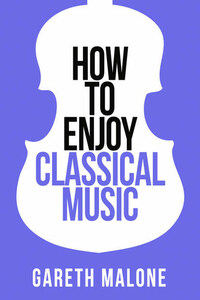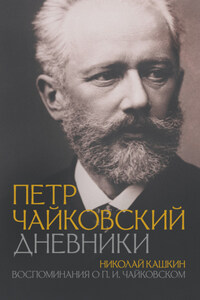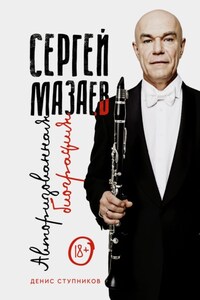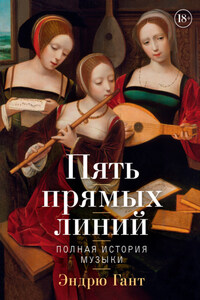Before we start letâs get a few things straight:
1 There is so much to know about music that a lifetimeâs study couldnât hope to tell you everything.
2 There are so many hidden alleyways, nooks and crannies in music that itâs quite possible to get stuck in just one area and neglect all the other music. Expand your horizons and generally give your musical taste a spring clean.
3 Itâs fine to admit that you simply donât âgetâ a piece â sometimes music takes time to get to know, or sometimes youâll just never be friends.
4 There is no one correct way to listen to classical music or any other kind of music because itâs an intensely personal business.
The first step is building a positive relationship with the music. So sometimes, in order to appreciate music, a little homework is required â¦
But â¦
Donât panic!
I understand that by some definitions, music that requires âworkâ is an anathema â surely we should love a great piece of music at first listening? But think how often you meet someone and fall in love at first sight â once in a lifetime? Many pieces of music take time to get to know. Everybody experiences music differently. Several factors can affect this: the context, how much you know about the piece and how often you have heard it before.
Try listening to a piece of classical music that you know well in a variety of contexts:
Youâll find that the atmosphere of the piece changes and affects the activity as much as the activity affects the music.
What are you supposed to be hearing and how is it possible to change the way you listen? Why is it that classical musicians can talk endlessly about the merits of one violinist over another? Does it really affect how I listen if I know that Mozart was born in 1756 or any of the myriad of apparently pointless facts that seem to surround classical music?
As Iâve said, there is no one correct way to listen to classical music. That said, there are facets of the music that you may not have thought about that can direct your listening â and a little knowledge will not only give you a greater understanding but will make you sound like an expert at the bar afterwards. Most gratifying.
In some ways our tolerance for classical music can be lessened by more immediately rewarding and popular forms. As Noël Coward, with typical acerbity, once remarked: âExtraordinary how potent cheap music is.â If we overdose on facile forms it makes the complexities and subtleties of classical music seem laborious. The function of popular music is fundamentally different: it aims to be as immediately pleasing, as sonically gratifying and as exciting as possible, and to do all that in a very short space of time. In the time it takes to listen to a Beethoven string quartet you could have listened to well over ten different pop songs. This can make it difficult for people to approach classical music because it takes more time for the music to reward the listener.








